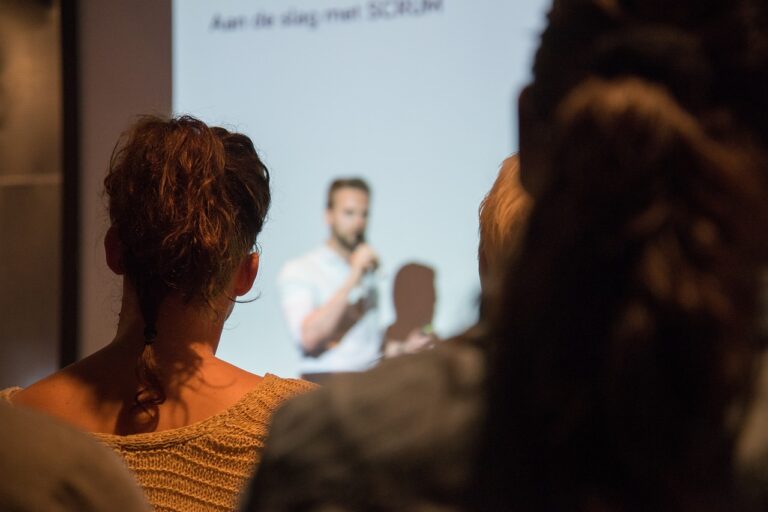The Rise of Entrepreneurship Education Programs
Traditional education systems often focus heavily on rote memorization and standardized testing, leading to a limited emphasis on critical thinking and problem-solving skills. Students are often expected to regurgitate information rather than engage in meaningful discussions or practical applications of knowledge. This approach can stifle creativity and hinder the development of essential skills needed for success in today’s rapidly changing economy.
Moreover, traditional education systems tend to rely on a one-size-fits-all approach, failing to accommodate the diverse learning styles and paces of individual students. This can result in some students being left behind or feeling disengaged from the learning process. The rigid structure of traditional education systems may not fully prepare students for the realities of the modern world, where adaptability and creativity are increasingly valued qualities.
The Need for Practical Skills in Today’s Economy
In today’s rapidly evolving economy, the demand for practical skills is becoming increasingly vital. Traditional education systems often focus on theoretical knowledge, leaving graduates lacking the hands-on expertise needed to excel in the workforce. Employers are now seeking individuals who can immediately contribute and add value to their organizations, emphasizing the importance of practical skills in the current job market.
Practical skills encompass a wide range of abilities, including technical expertise, problem-solving capabilities, and effective communication skills. These skills enable individuals to adapt to different work environments, think critically, and collaborate with others to achieve common goals. In a competitive job market, possessing practical skills can give job seekers a significant edge, making them more attractive candidates for potential employers.
Why are traditional education systems facing challenges in today’s economy?
Traditional education systems often focus more on theoretical knowledge rather than practical skills that are essential in the workforce. This disconnect can leave students ill-equipped to meet the demands of the modern economy.
What practical skills are essential in today’s economy?
Practical skills such as critical thinking, problem-solving, communication, and collaboration are highly valued in today’s economy. Employers are looking for candidates who can apply these skills in real-world situations.
How can individuals acquire practical skills?
Individuals can acquire practical skills through hands-on experience, internships, apprenticeships, and vocational training programs. These opportunities provide real-world learning experiences that cannot be gained in a traditional classroom setting.
Why is it important for individuals to have practical skills in today’s economy?
Having practical skills not only increases an individual’s employability but also enhances their ability to adapt to the ever-changing demands of the workforce. In a competitive job market, individuals with practical skills have a distinct advantage over those who rely solely on theoretical knowledge.
How can traditional education systems incorporate more practical skills into their curriculum?
Traditional education systems can incorporate more practical skills by providing opportunities for experiential learning, project-based assignments, and real-world simulations. By integrating these elements into the curriculum, students can develop the practical skills needed to succeed in today’s economy.





